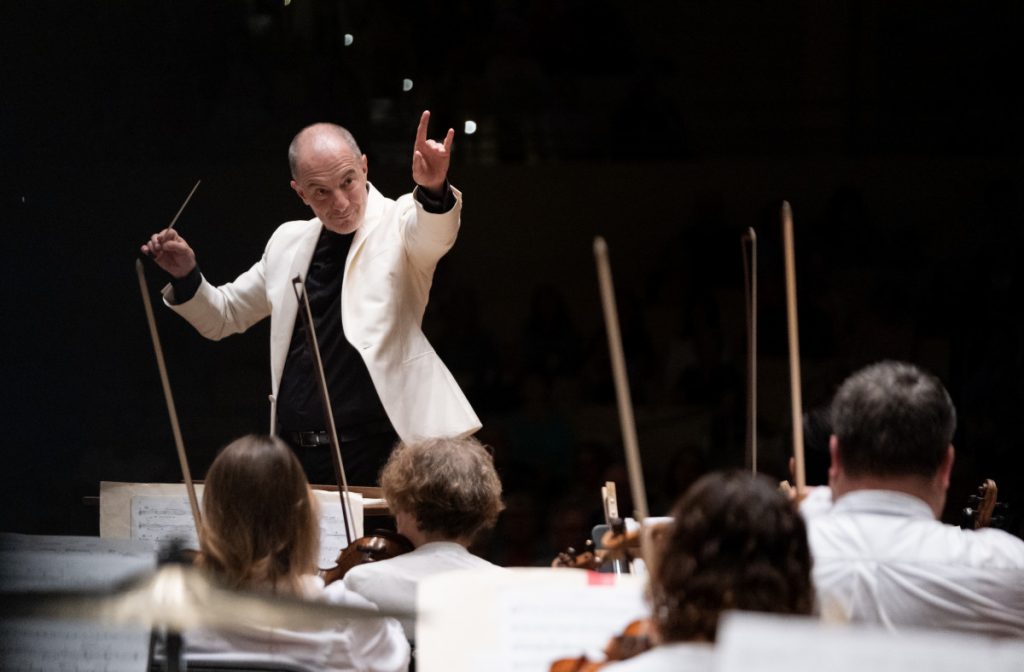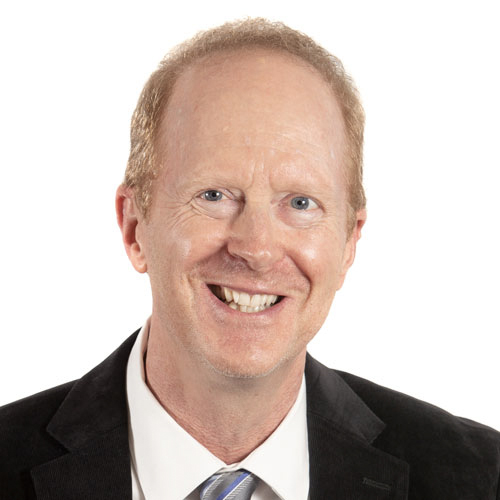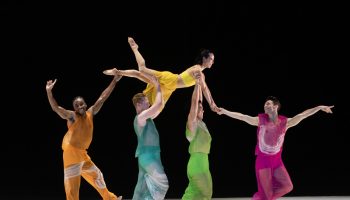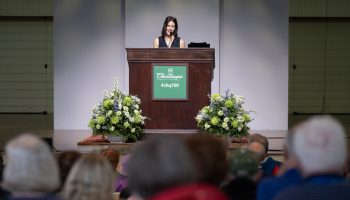
Sarah Russo
Staff writer
The Chautauqua Symphony Orchestra is shining the spotlight on the some of the Institution’s in-house talent with a performance at 8:15 p.m. Saturday in the Amphitheater. The evening’s program will feature Voice students of the Chautauqua Opera Conservatory in Liszt’s Dante Symphony, and the CSO’s own principal flute Richard Sherman in Kevin Puts’ Flute Concerto.
Active as a soloist, orchestral musician and recitalist, Sherman serves as professor of flute at the Michigan State University College of Music, and performs with the International Chamber Orchestra of Puerto Rico, the Lansing Symphony Orchestra and the Jackson Symphony Orchestra.
Even though Puts wrote the concerto only 10 years ago, Sherman said he is no stranger to this particular work: He’s performed the piece three times before.

“The reason that I took to the piece right away is that it’s very tonal and lyrical,” Sherman said. “It’s very listenable for an audience … It’s beautifully refreshing, melodic … and it has very compelling rhythms.”
Although it showcases the flute, Sherman said the woodwind instrument “really serves as a protagonist for the work” and the concerto is “very much like a story” instead of a traditional solo work. The music of the orchestra is the centerpiece while “the flute is the main character of the story,” he said.
“There’s an opportunity for the flute to really have a moment of real intimacy with the audience,” Sherman said. “And yet then you get to the last movement, which is like a dance, and it’s very rousing.”
When Sherman first heard the second of the piece’s three movements — which Puts wrote after drawing inspiration from Mozart — he thought it might be derivative or cliched, but after more listening and performing of the piece, Sherman said he thinks the movement is stunning and “is almost hypnotic.”
The final movement of the concerto is driven by rhythm with its “main ideas drawn from the main theme of the first movement and culminating in a highly energetic dialogue between the soloist and a small, contrapuntal band of winds, brass and percussion,” Sherman said.
“I think the piece speaks for itself and it’s my job just to sort of be a servant as much as I can and keep myself out of the way,” Sherman said, “and just be the communicator as best I’m able to be.”
The CSO will conclude the evening’s program with Franz Liszt’s Dante Symphony.
Jonathan Blumhofer, a composer and violinist, analyzed the symphony in a 2018 article featured in The Arts Fuse, an online art magazine.
“There are no two ways around the fact that Franz Liszt’s Dante Symphony is a problematic piece,” Blumhofer said. “There’s the question of whether or not it’s really a symphony. Its two movements are basically a pair of symphonic poems, each depicting, respectively, scenes from Dante’s ‘Inferno’ and ‘Purgatorio,’ the first two parts of The Divine Comedy,” he wrote. “While both movements are, essentially, in ternary forms, they’re quite free. Nothing but Liszt’s title ties them to the symphonic tradition and both can be performed separately.”
Even still, Blumhofer believes the work by Liszt is still “significant for its fresh approach” even if it’s not “conventionally symphonic.”
“In all, the Dante Symphony is a special piece,” Blumhofer said. “… It’s imperfect – the lack of a ‘Paradiso’ movement is a shame – and sometimes shallow. But, in the right hands at least, it well exceeds the sum of its parts.”




